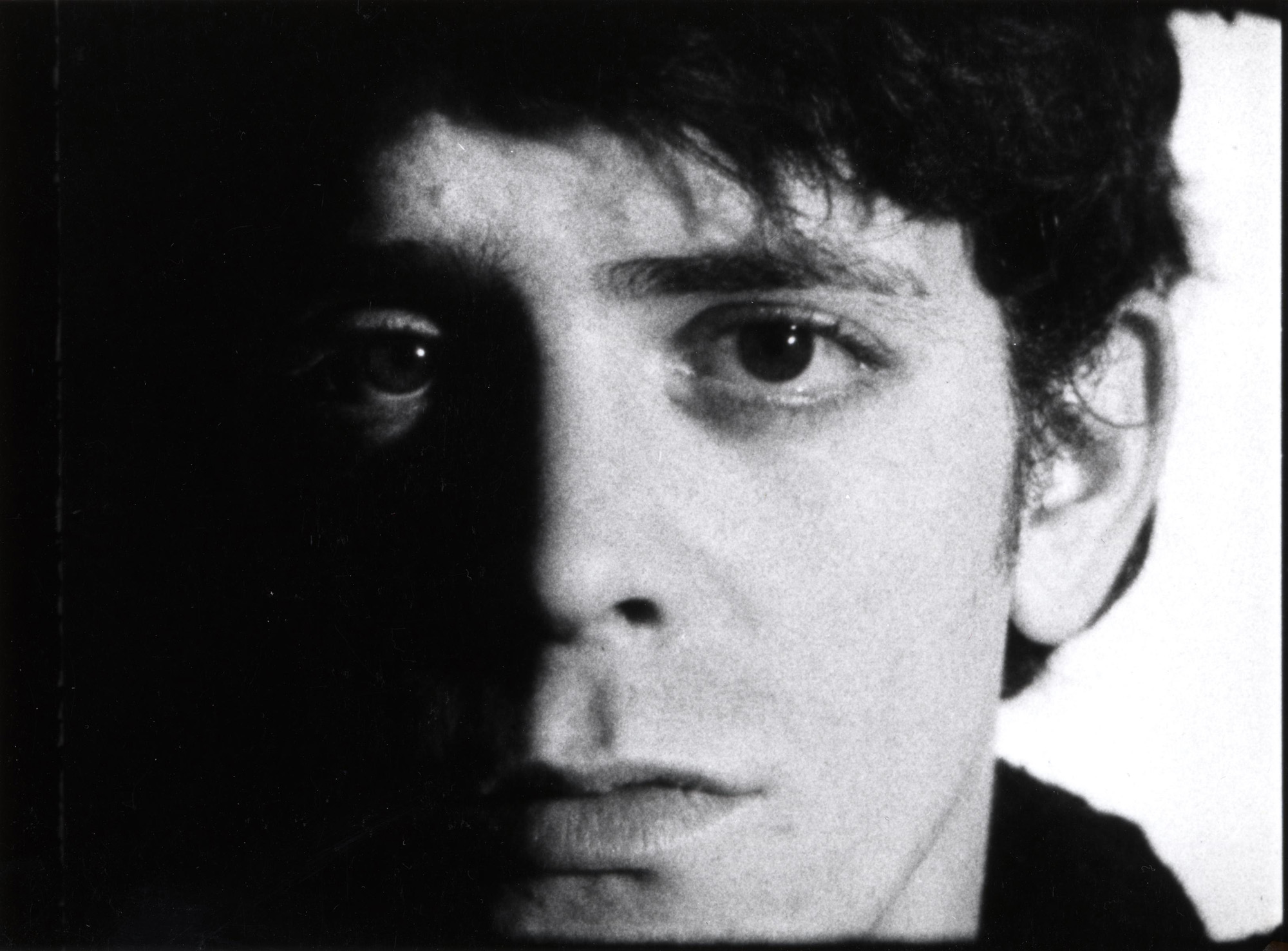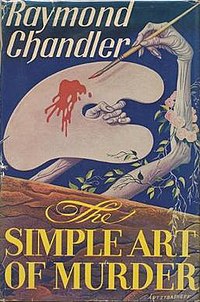By
Lars Trodson
"Rarely
if ever in literary history has a handful of stories aroused so much
discussion, controversy, praise, denunciation, mystification and
interpretation. There will be more Glass stories, Mr. Salinger says. Perhaps,
when there are, a more coherent pattern will be apparent and certain mysteries
and ambiguities will be explained."
This
is what Orville Prescott wrote in his 1963 New York Times review of J.D.
Salinger's "Raise High the Roofbeam,
Carpenters and Seymour an Introduction."
The
Prescott quote is instructional because a coherent pattern was being executed by Salinger by the time "Raise High The Roofbeam" was published. Those
“certain mysteries and ambiguities,” as Prescott put it, were already being explained. It's just that no one was paying attention. When Salinger published "Hapworth 16, 1924" in June
of 1965, the set of clues was complete.
With
three short story collections ("Nine Stories," "Franny and Zooey," and "Raise High The Roofbeam, Carpenters") and one
novella (the "Hapworth" story), Salinger had presented a body of work that distinctly
reflects, embodies, and celebrates the Four Noble Truths, the philosophical core of Vedanta Buddhism, which Salinger had been following since the late 1940s.
Vedanta
Buddhism, put across in a bold stroke, is a faith that embraces all paths to
oneness with God, whether that path be Hindu, Buddhist, Jewish, or Christian — or anything else. Salinger's
stories invoke each of these religions (and certainly secular matters) at certain times, and his attempt to
reach a oneness with God becomes more and more explicit with each Glass story. "Hapworth 16 1924" is a culmination of all these paths.
It is essential to note, but not to elaborate on here, Salinger's experiences as a soldier during World War II, which by all accounts were horrific. He was going to rectify the atrocities he saw in his mind, and through his writing.













.jpg/220px-A_Christmas_Carol_(1971_film).jpg)
